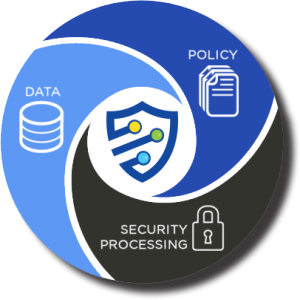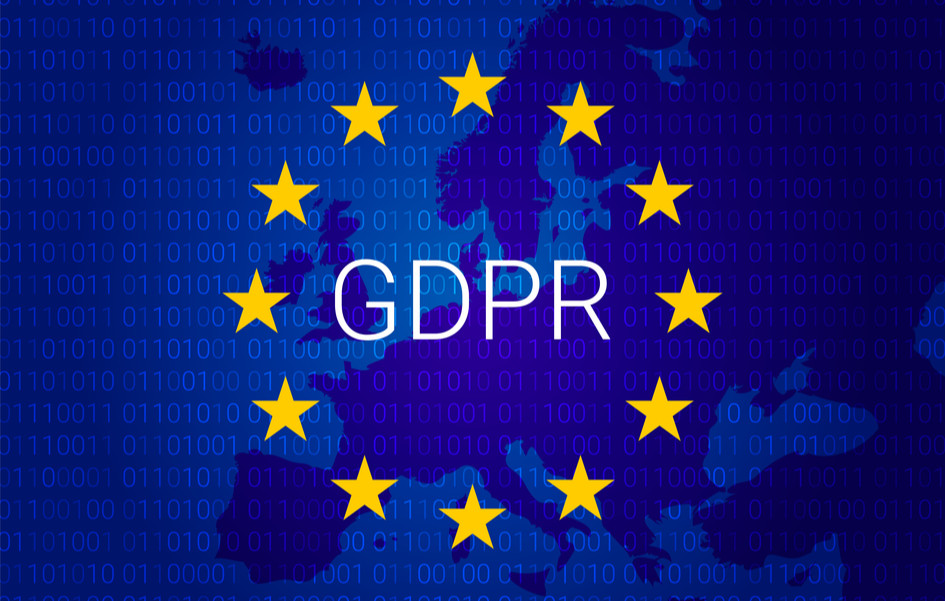The following interview is reprinted with permission by CEOCFO Magazine.
Click here to read the interview at CEOCFO Magazine.
Managed Security Provider onShore Security is using a Panoptic Approach to revolutionize Cyberdefence, Governance, Risk and Compliance
Stel Valavanis
CEO
onShore Security
Interview conducted by: Lynn Fosse, Senior Editor, CEOCFO Magazine
Published – May 7, 2018
CEOCFO: Mr. Valavanis, according to the onShore Security website, your mission is to protect the freedom of information by revolutionizing cyber defense and governance. How are you doing that?
Mr. Valavanis: We have been developing our own security detection and event management platform since about 2004. We have been doing cyber security since 1998 or 1999. In 2004, we started building a tool set that we continue to develop today and our approach is what stands out in the industry and that is the Panoptic Cyberdefense approach as we call it, which is about seeing as many different points on the network and lots and lots of disparate data. Most of our competition just looks at the edge, just look at network traffic going through a firewall. We take a much more holistic approach. We are not alone but it is definitely at the cutting-edge of the industry and that is what we mean when we say we are revolutionizing it. This is an ongoing effort so tomorrow what revolutionizing means is different from what it means today and different from what it meant yesterday.



 On, March 1, 2019, all banks, other regulated entities and persons regulated and licensed through the Department of Financial Services (DFS) must be in compliance with the requirements of
On, March 1, 2019, all banks, other regulated entities and persons regulated and licensed through the Department of Financial Services (DFS) must be in compliance with the requirements of 






